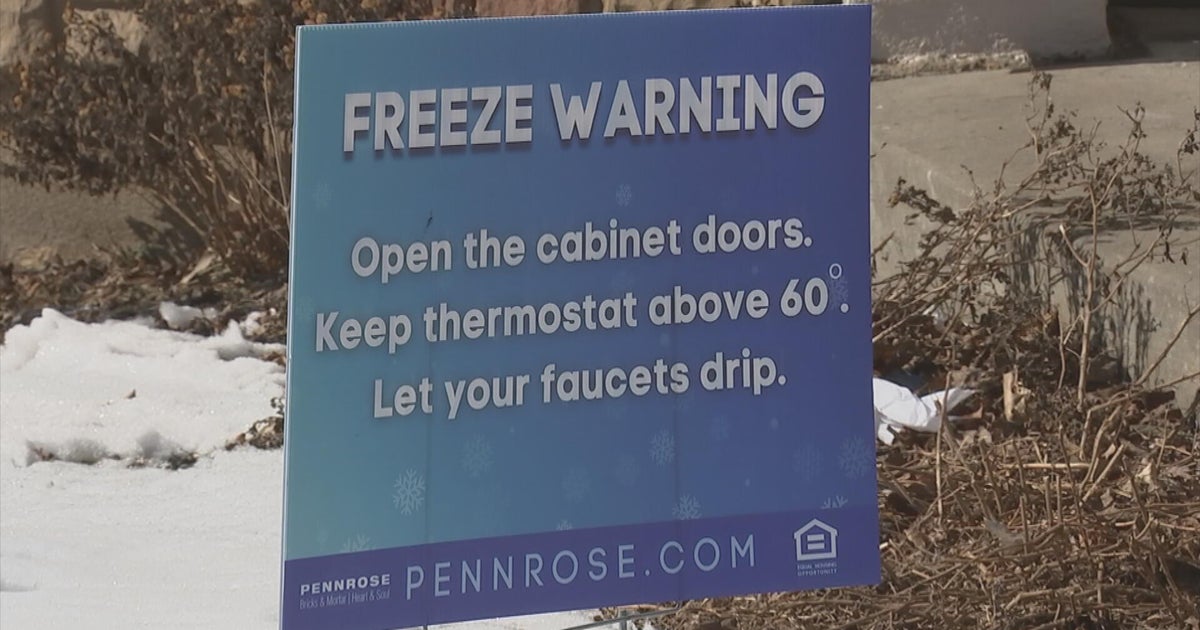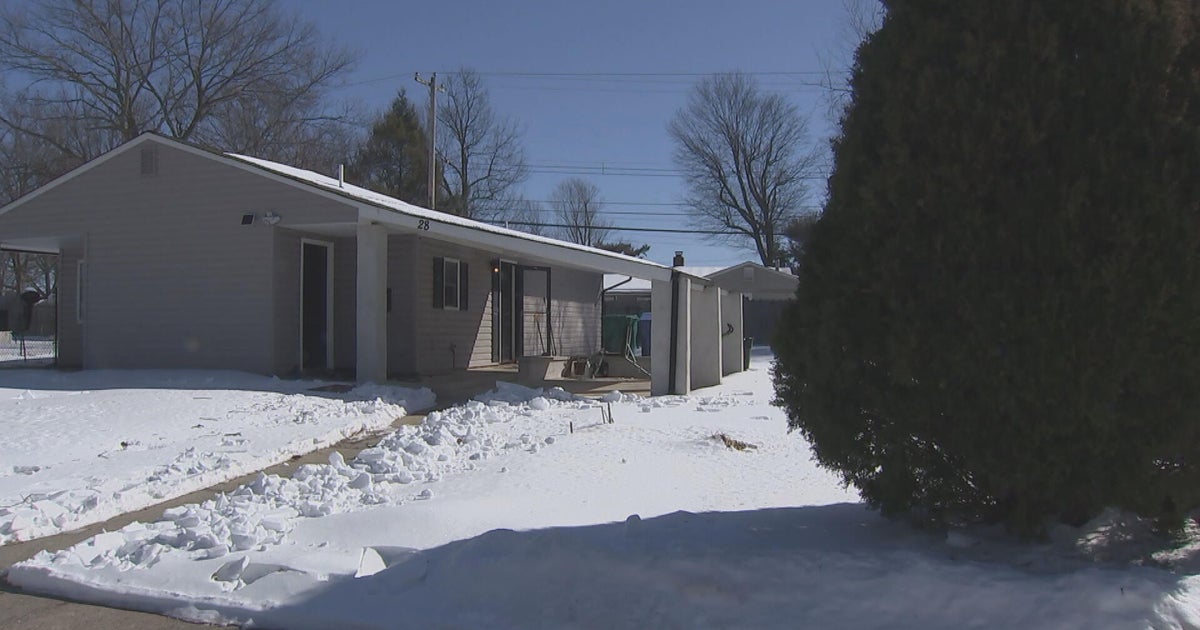Pennsylvania Court Throws Out Congressional Boundaries
PHILADELPHIA (CBS) -- The Pennsylvania Supreme Court has ruled the state's congressional districts are "clearly, plainly and palpably" unconstitutional and must be changed before the next election, the mid-term primary currently scheduled for May 15th.
Republican defendants in the state legislature immediately vowed to ask the U.S. Supreme Court for an injunction against the order this week.
The six-part state high court ruling instructs the state legislature, if it chooses, to submit a new congressional map to the governor for approval by February 9th and have it back to the court by February 15th, or the court will create its own map to be in place by February 19th.
"To comply with this Order, any congressional districting plan shall consist of: congressional districts composed of compact and contiguous territory; as nearly equal in population as practicable; and which do not divide any county, city, incorporated town, borough, township, or ward, except where necessary to ensure equality of population" the ruling says, borrowing language from the state constitution on requirements for congressional districts.
"We're thrilled," says Mimi McKenzie, legal director for the Public Interest Law Center which helped represent the League of Women Voters and other plaintiffs. "This map intentionally violates the rights of voters, based on their voting histories. If ever there were a map to be struck down as a partisan gerrymander, it should be this map."
Republican state senators, however, were indignant, calling the ruling, "a partisan action showing a distinct lack of respect for the Constitution and the legislative process."
"The PA Supreme Court has overstepped its legal authority and set up an impossible deadline that will only introduce chaos in the upcoming Congressional election," said Senators Joe Scarnati and Jake Corman, in an emailed statement.
In their ruling, the Justices instructed the governor "to take all measures, including adjusting the election calendar if necessary, to ensure that the May 15, 2018 primary election takes place as scheduled under that remedial districting plan."
Governor Tom Wolf says he agrees "the current maps are unfair to Pennsylvanians," but has not decided his next steps.
Pennsylvania's map has long been the target of jokes about the lengths to which legislative Republicans will go to protect GOP seats. The 7th district held by Rep. Pat Meehan, for instance, used to be the Delaware County seat. Now it curls in a semi-circle through Delaware, Montgomery, Chester, Berks and Lancaster Counties, in places just 800 feet wide to stay contiguous.
The plaintiffs noted that though state party registration is split just about 50-50, and it voted for Democrats Barack Obama for president in 2012 and Tom Wolf for governor in 2014, Republicans have continuously held 13 of 18 congressional seats, a result they said could only be explained by gerrymandering.
"The stunning news will rock campaigns already underway on the current boundaries and be a focus of national discussion in the weeks and months ahead," predicted David Thornburgh of election watchdog The Committee of 70.
Two state supreme court justices, Thomas Saylor and Sallie Mundie, dissented from the ruling. Judge Max Baer agreed with the ruling but dissented from the remedy being in place by the May 15th primary.
Though conceding it seems counter-intuitive to say an unconstitutional map should be used in an election, Judge Baer said other factors should be considered.
"It is naïve to think that disruption will not occur," wrote Baer. "Prospective candidates, incumbents and challengers alike, have been running for months, organizing, fundraising, seeking their party's endorsements, determining who should be on canvassing and telephone lists, as well as undertaking the innumerable other tasks implicit in any campaign - all with a precise understanding of the districts within which they are to run, which have been in place since 2011. The change of the districts' boundary lines at this time could result in candidates, again incumbents and challengers alike, no longer living in the districts where they have been carrying out these activities for a year or more. This says nothing of the average voter, who thought he knew his Congressperson and district, and now finds that all has changed within days of the circulation of nomination petitions."
Justice Saylor expressed similar concerns. Justice Mundy called the ruling "vague."







